What's the deal with Fossil Fuel Divestment?
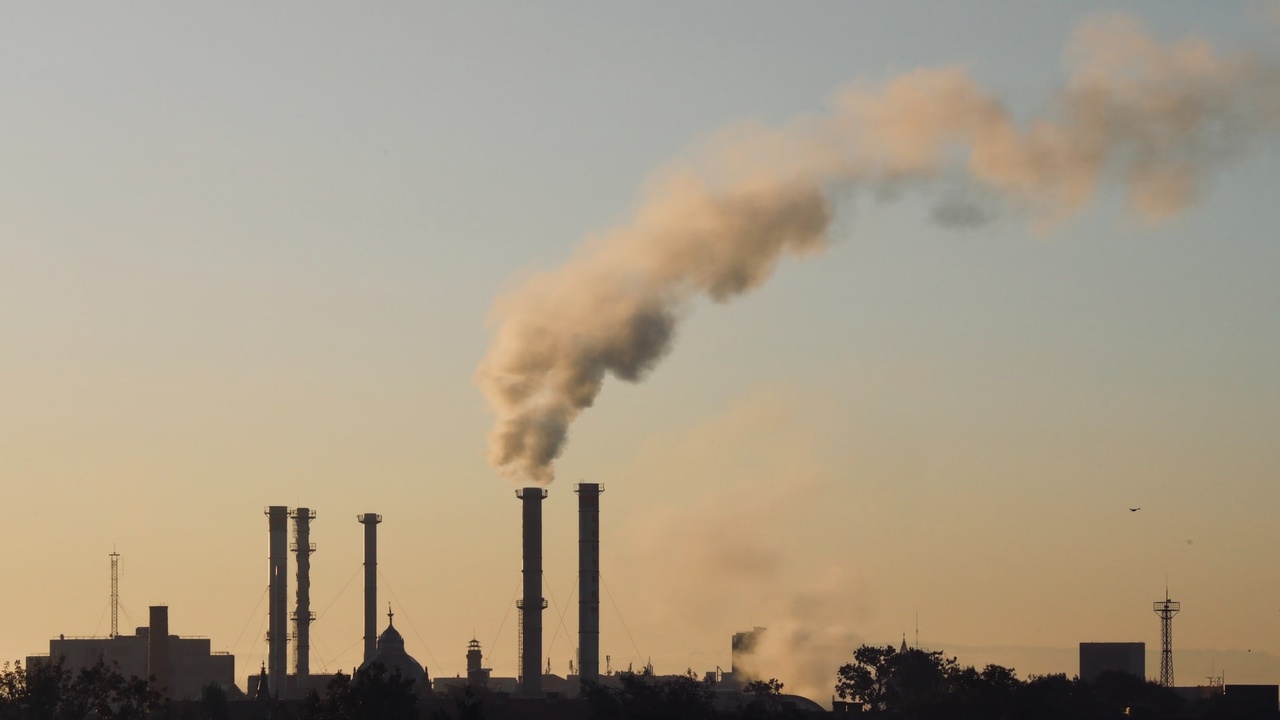
Climate change can be largely attributed to the combustion of fossil fuels, which results in the accumulation of carbon dioxide and other greenhouse gases in our atmosphere.
In this day and age, it is becoming harder to deny the existence of climate change. For those of us who have been concerned about environmental affairs for some time, witnessing a shift in temperatures and weather patterns has been anxiety-inducing, to say the least.
Just this past year, Canada experienced record-breaking heat levels in the summertime, Madrid experienced unprecedented levels of snow in January, and wildfires ravaged Greece, Turkey, and Italy in August. And these are just a few examples of the extreme weather events that are becoming more and more common around the world.
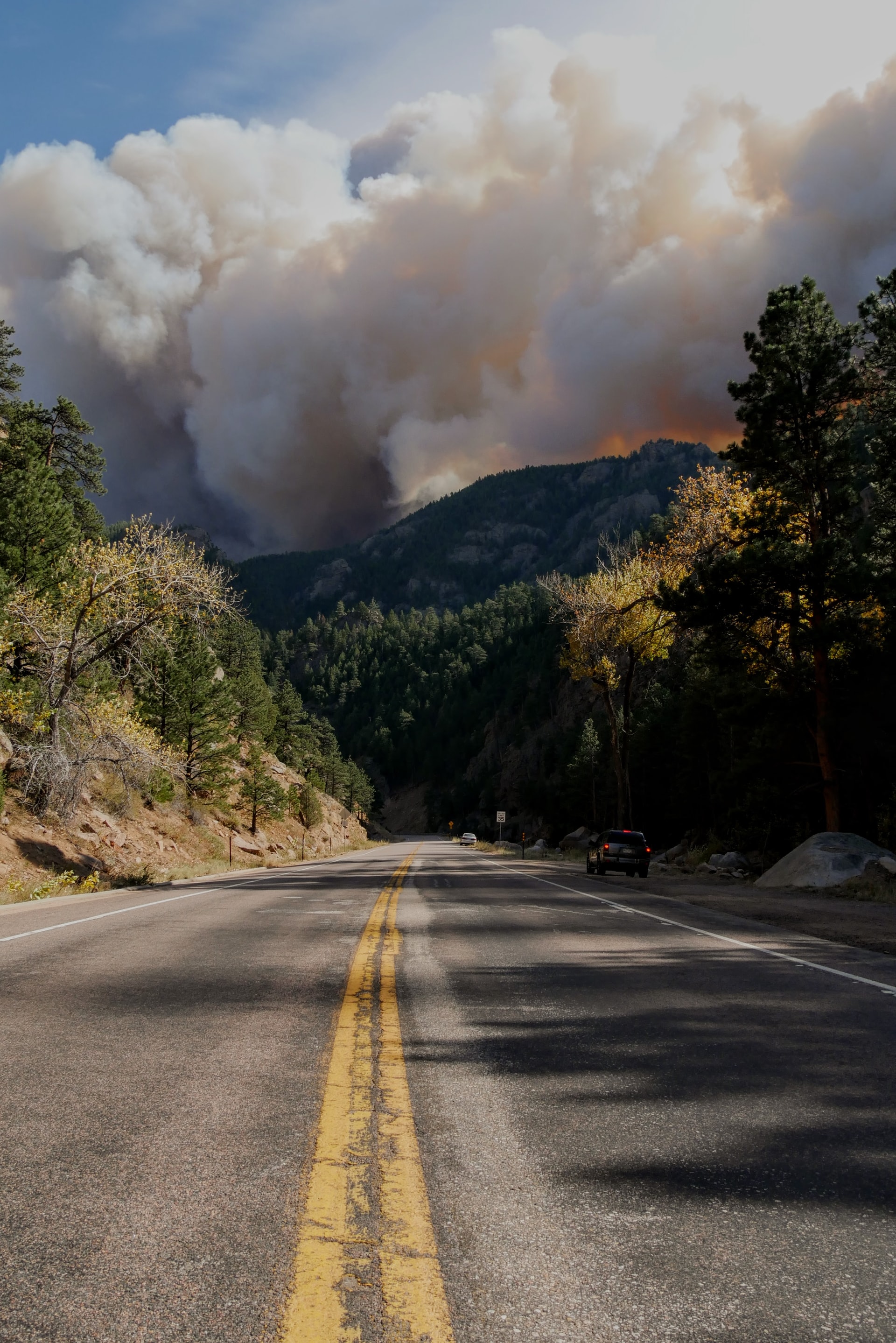
Clearly, action needs to be taken to mitigate the environmental damage that has already occurred. Fossil fuel divestment is a good place to start.
A fossil fuel budget
Back in 2012, Bill McKibben introduced three numbers that make a strong case for fossil fuel divestment: 2°C, 565 Gigatons, and 2,795 Gigatons.
In short, scientists have determined that we cannot raise the global temperature by more than 2°C if we want to maintain some semblance of life as we know it on planet earth. It has been estimated that no more than 565 Gigatons of carbon dioxide can be emitted by 2050 in order to stay below two degrees. However, there are approximately 2,795 Gigatons of carbon in the coal, oil, and gas reserves of fossil fuel companies that are intended to be burned.
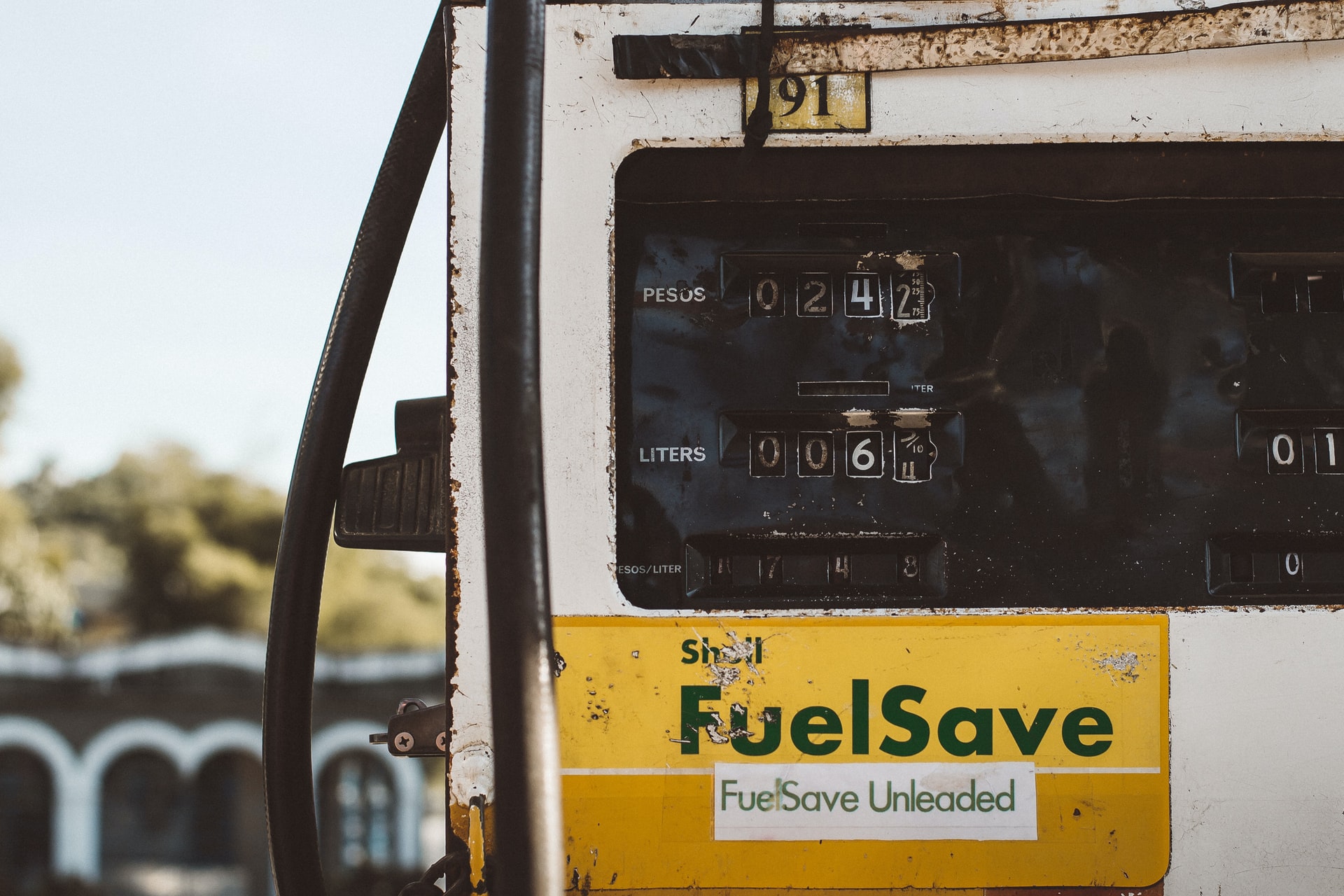
This is a serious issue, as 2,795 is fives times higher than 565. So, in order to take effective action, it is necessary to keep most of the carbon the fossil fuel industry wants to burn in the soil. This is where fossil fuel divestment comes into play.
What is fossil fuel divestment?
First of all, divestment is the opposite of investment. Instead of buying investments, one gets rid of stocks, bonds, or investment funds. Divesting in fossil fuels means retracting one’s monetary support from fossil fuel companies.
Fossil fuel mining and extraction cannot occur without access to capital. It is quite common for universities, retirement funds, financial institutions, religious organizations, and other institutions and foundations to invest in fossil fuels. Through their investments, these organizations and institutions are able to generate income to help them run.
However, the downfalls of investing in fossil fuels are becoming quite apparent. The extraction of fossil fuels comes at an environmental and human cost, as threats such as greenhouse gas emissions, pollution, and environmental destruction result directly from extraction activities and disproportionately affect local communities.
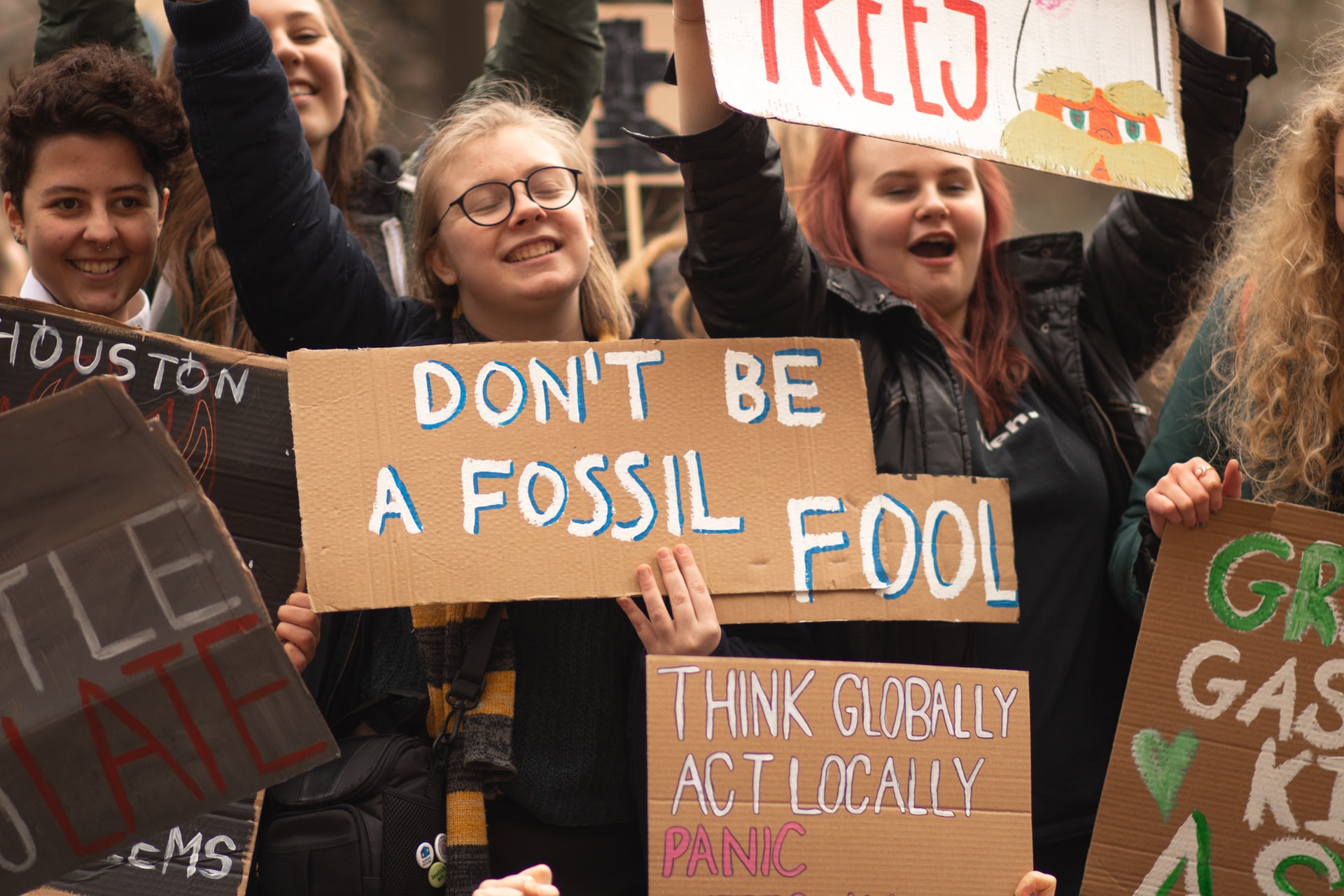
Furthermore, investing in fossil fuels is no longer a sustainable business strategy. As McKibben stated in his 2012 article, it really isn’t possible to burn all the fossil fuels without destroying the planet.
If these reserves remain in the ground, the value of fossil fuel companies plummet, as these unexploited reserves are rendered worthless. Therefore, fossil fuel companies lose their status as worthy investments.
A variety of institutions have realized this much and have chosen to divest in order to avoid major losses. For example, educational institutions such as Oxford, Cambridge, the University of California, and the University of Michigan have committed to divesting from fossil fuels.
Without support and access to capital, fossil fuel companies are starting to lose the power they once had over governments and the economy.
Divesting – where to start?
First, it is important to acknowledge that large companies, institutions and organizations must divest from fossil fuels in order to make a difference. In many cases, it is pressure from the public that allows divestment to occur.
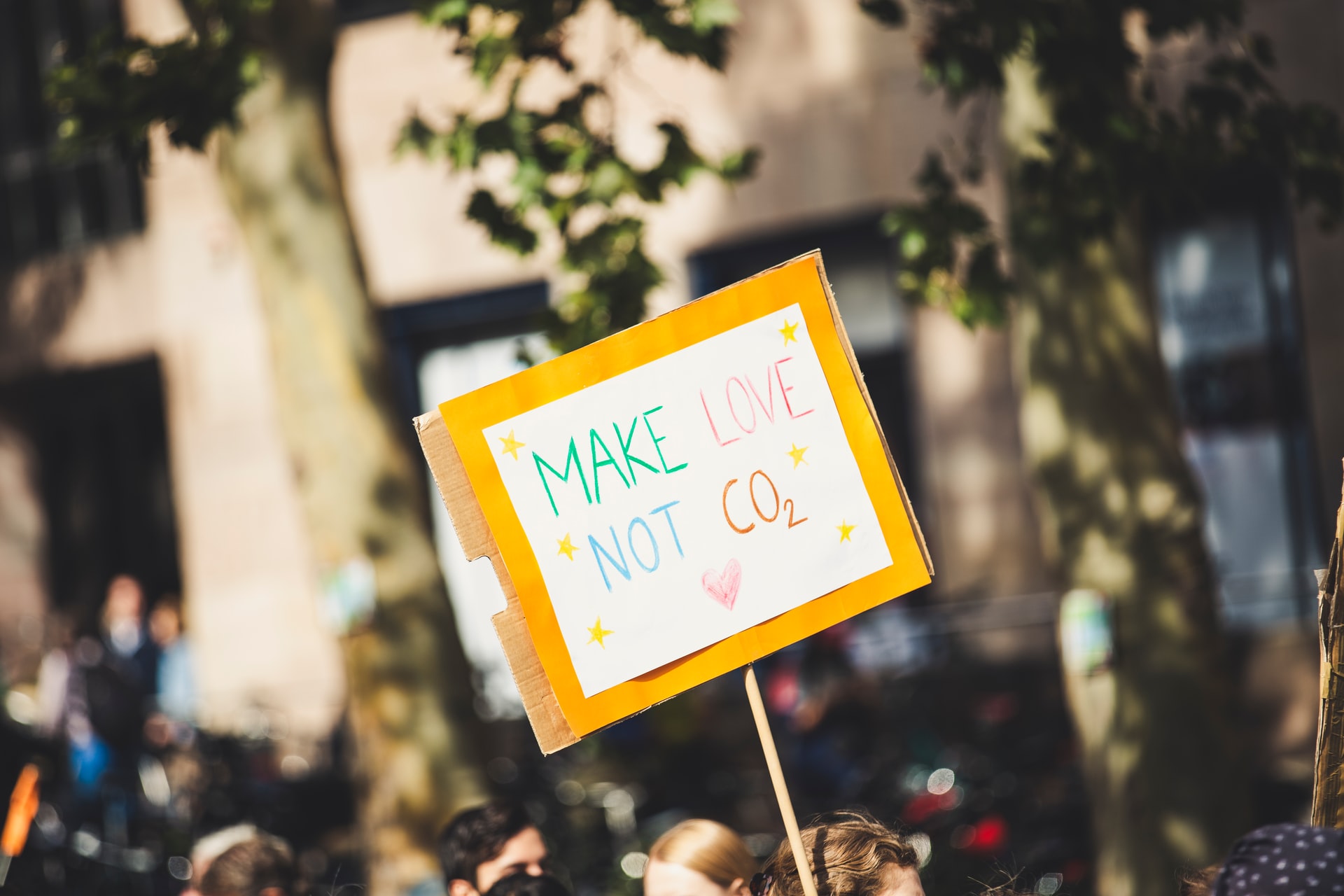
For example, student campaigning was a large factor in pushing the University of Michigan to divest from fossil fuels. In 2015, the university’s president rejected student calls for divestment. However, students never gave up. In 2021, the University of Michigan not only announced that it is divesting fossil fuels, but is committing to achieving net-zero emissions by 2050 as well.
Public pressure plays an important role in divestment – so let your voice be heard in your local community. Campaigners around the world are challenging fossil fuel investments on a local, national, and international scale through Fossil Free, a divestment campaign run by 350.org. Through this website, you can connect with local campaigns or start your own in order to help end reliance on fossil fuels and accelerate the shift to a just economy.
Of course, you may also want to look at your own finances and investments in order to support the divestment of fossil fuels.
The first thing you will want to do is determine how much money you are investing in fossil fuels. Fossil Free suggests consulting with a financial advisor or money manager and asking them to calculate the amount of your holdings that are represented in the list of top 200 coal, oil, and gas companies.

If you would like to do this work yourself, take a good look through your mutual funds or retirement plan to find questionable investments and take action. Taking action generally means selling your shares.
What do you do once you have sold your shares? You might want to consider green investing! Green investing allows you to put your money in places where it can make a positive social and environmental impact.
As people, companies, institutions, and organizations continue to divest from fossil fuels, we will continue seeing the fossil fuel industry struggle to keep its position as the planet’s dominant industry. While fossil fuel divestment isn’t an easy battle, it is certainly a cause worth fighting for!
Stay connected with news and updates!
Join my mailing list to receive the latest news and updates. Your information will not be shared.

